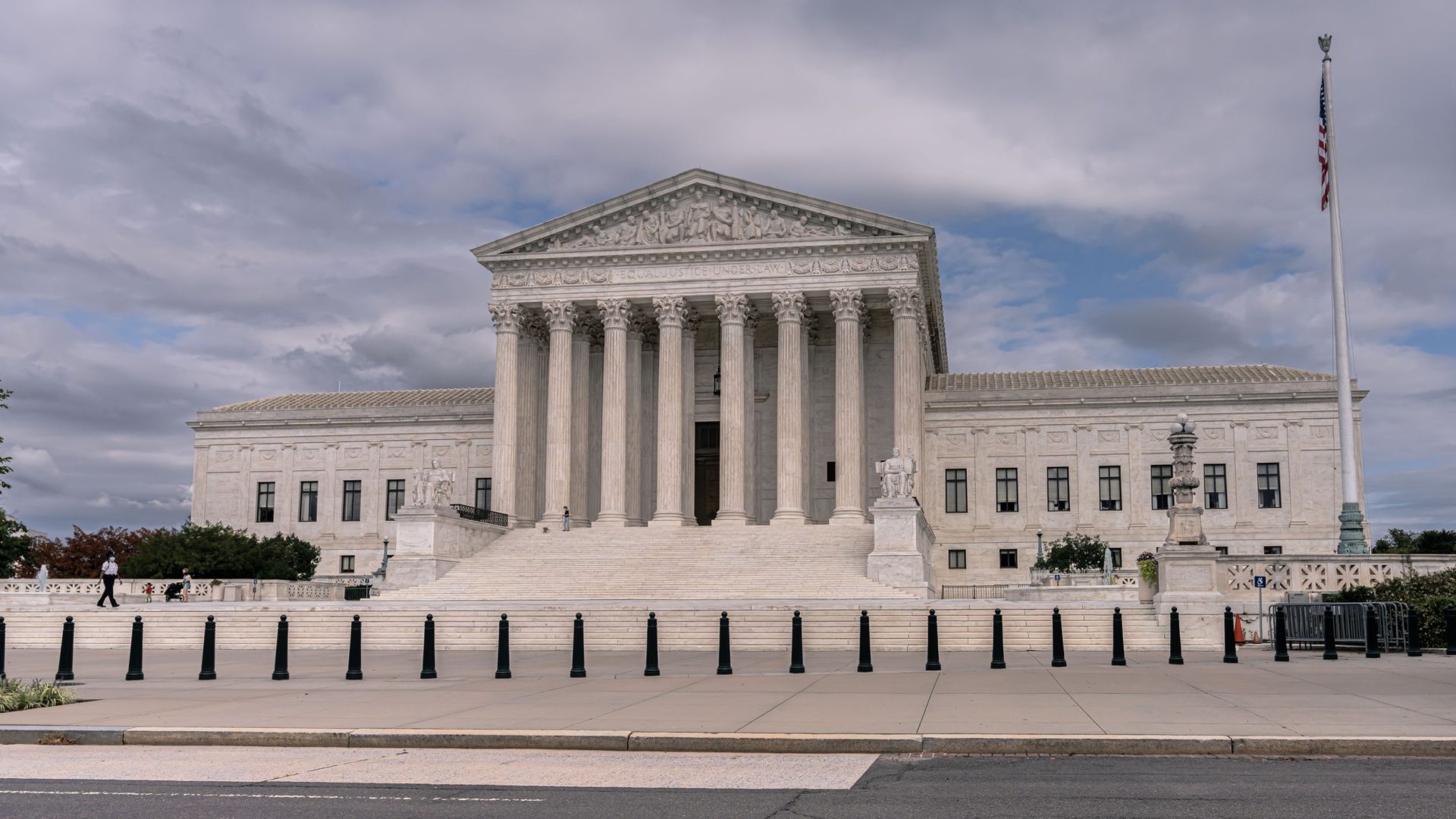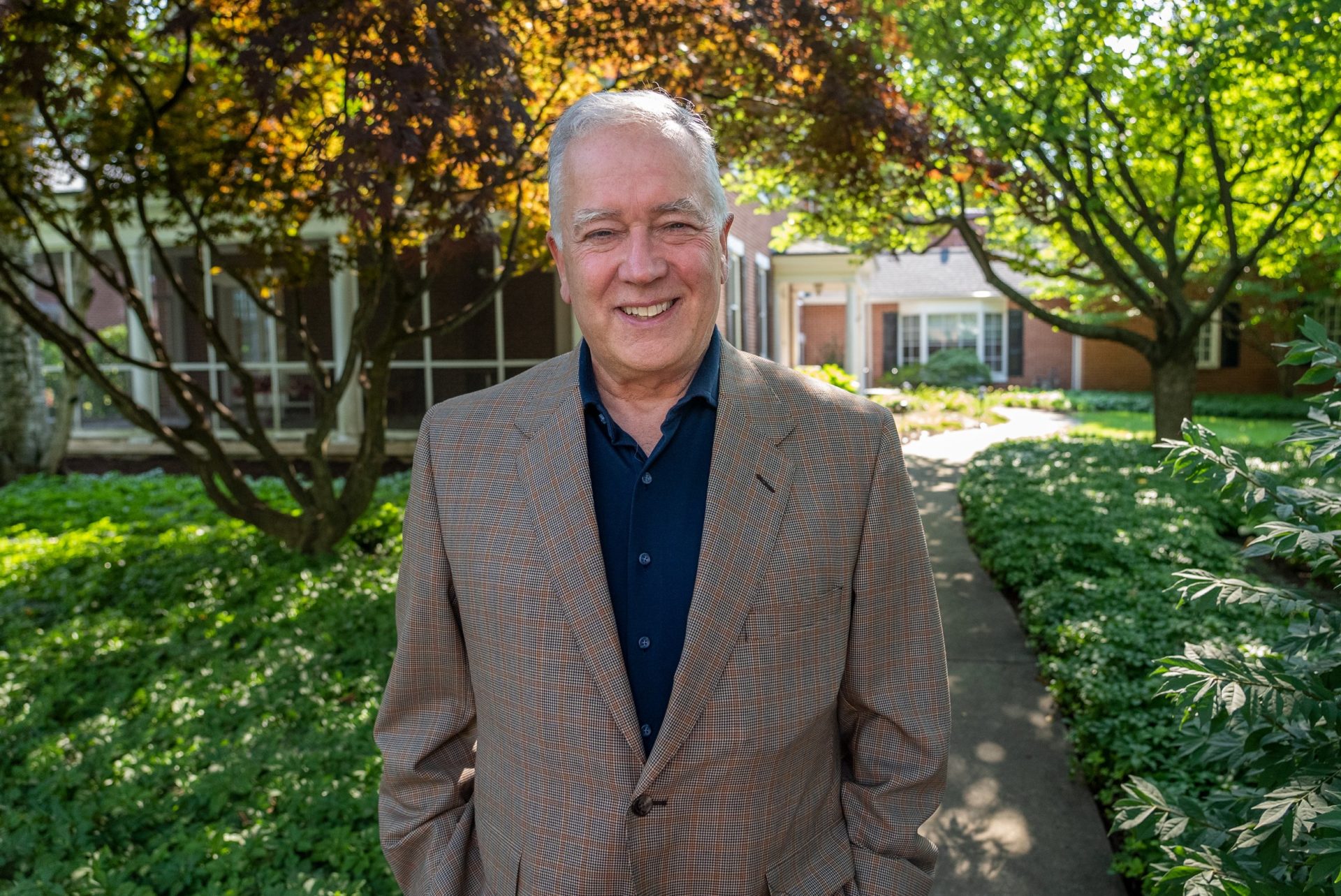
The Supreme Court’s recent decision in Dobbs v. Jackson Women’s Health Organization was clearly a judicial and social earthquake. In it, the six justice majority wiped away the constitutional right to an abortion and fifty years of legal precedent. Commentators rightly focused on this seminal case and its aftermath, but just days later, the Court decided the case of Kennedy v. Bremerton School District. I would suggest that while this was not an earthquake, it certainly produced tremors and will have considerable implications in future cases involving allegations of excessive government entanglement with religion.
As is now well known, the Kennedy case involved a high school football coach praying with his players and others at midfield after games. The coach was dismissed and filed a retaliatory lawsuit defending his right to pray. The decision was 6-3 in favor of the coach, and the majority opinion was penned by Justice Neil Gorsuch. Rather than focusing on whether the coach’s actions violated the Establishment Clause of the First Amendment, Justice Gorsuch honed in on whether the school district violated the coach’s rights under the Free Speech and Free Exercise Clauses in the First Amendment. In finding in favor of the coach, the majority held that these First Amendment rights were in fact infringed by the school district and rejected the Establishment Clause argument.
Cases of this type are always controversial and typically invoke great passion. Setting aside the merits for the sake of this analysis, which involve complex facts and jurisprudence that can be debated elsewhere, what I find most notable about the decision is the majority’s rejection of another fifty years of precedent that has guided judges in making decisions in cases of this type.
The precedent involves a test that dates to the case of Lemon v. Kurtzman, decided in 1971 by the Court. That case originated the so-called Lemon test, which directed lower court judges to adjudicate these disputes based on the purpose and effect of the challenged governmental action that was alleged to have violated the Establishment Clause.
In 2005, as a U.S. District Judge, I presided over the case of Kitzmiller v. Dover, which arose from a school board’s attempt to teach an alternative to evolution known as intelligent design in ninth-grade science classes. Using the Lemon test, I ultimately ruled that the school board’s actions did in fact violate the Establishment Clause. While applying the Lemon test is hardly perfect, I found it to be a sound and logical way to evaluate the case that came before me.
As a result of the recent Kennedy decision, federal judges are now directed to utilize a history-based approach in place of the more structured Lemon test when deciding cases. I would respectfully submit, as one who used the Lemon test and found it to be soundly crafted, that this new approach will lead to increasingly disparate decisions by lower court judges that will be based on ad hoc analysis and excessively subjective findings.
The result will necessarily be that the line of separation between church and state will become increasingly blurred. I am quite sure that this is precisely what the majority intended, but I would submit that we are about to enter an era where, like it or not, we will see the Supreme Court allow much more religion in the public square. Not an earthquake to be sure, but at least an aftershock of major proportions.

John E. Jones III
John E. Jones III ’77, P’11, was officially named the college’s 30th president on Feb. 28, 2022. He was named interim president of Dickinson in summer 2021.
After taking the helm, Jones immediately launched the Dickinson Forward: Our Revolutionary Future initiative and established a task force that developed key recommendations for a balanced budget in the years ahead. He commenced a strategic planning process and kicked off our most ambitious scholarship fundraising campaign ever. In the meantime, Dickinson attracted its largest applicant pool in its history, and we are on track to have one of our largest fundraising years ever.
Jones retired as chief judge of the U.S. Middle District Court of Pennsylvania. He was appointed to the federal bench by President George W. Bush and unanimously confirmed by the United States Senate on July 30, 2002.
Jones has presided over a number of high-profile cases. In 2003, Jones struck down portions of Shippensburg University’s speech code on the basis that it violated the First Amendment’s free speech guarantee. In that same year, Jones ruled in a decision later affirmed by the United States Supreme Court, that the U.S. Department of Agriculture’s statute assessing milk producers in order to fund advertising, including the Milk Mustache/got milk® campaign, did not infringe the free speech rights of the producers.






